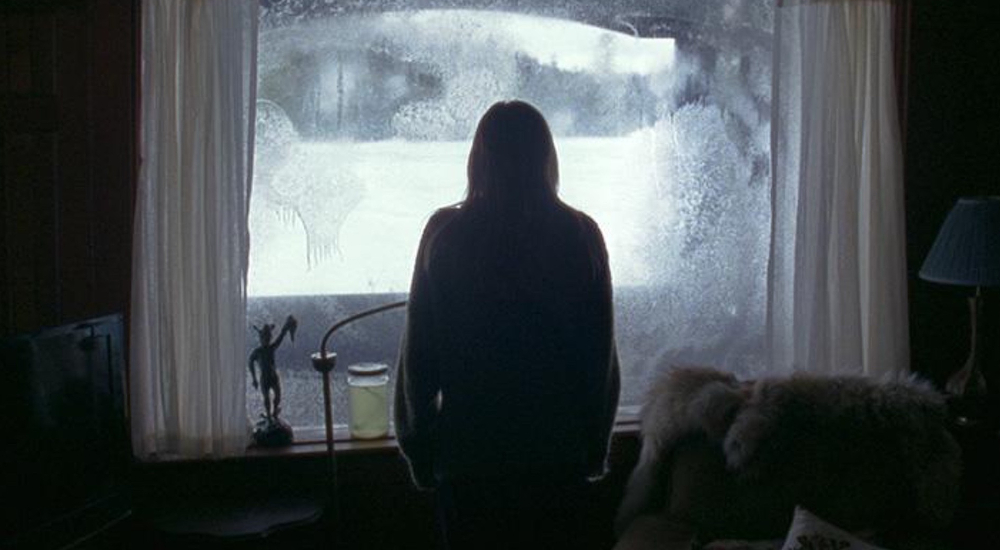Set amidst the barren landscape of an isolated cabin just days before Christmas, Veronica Franz and Severin Fiala's The Lodge proves a unique take on the effects of cabin fever and a past that remains unhandled.
The film, the co-directors' ambitious follow-up to 2014's Goodnight Mommy, is, without much hesitation, simple. After the unexpected death of their mother, Aiden and Mia agree to spend a few days with their soon to be stepmother at the family's lodge in a remote holiday village. But when the snow rolls in and the power goes out, a series of events turn the awkward overnight into a genuinely horrifying encounter.
I will repeat, the plot is simple, if not full-blown elementary. But somewhere within the quiet, plain set-up, we are greeted with a stylistic approach that marks two innovative filmmakers who are still fine-tuning their craft. Within their hands, the film excels, migrating from a typical horror piece to one that is unsettling, both in the physical and psychological sense.
The Lodge operates with a limited cast and, in essence, a single setting. Riley Keough sines as Grace, a damaged young woman who longs for acceptance by her finances' kids (played by Jaeden Martell and Lia McHugh). The lone survivor of a cult's mass suicide, her backstory becomes the center focus, and with good reason. It is her mental state that we question during the film's most suspect moments.
However, those moments take time to curate and develop.
Unquestionably laden with troubling plot holes and several questionable decisions by both Grace and her fiancé Richard, you occasionally smirk at the ridiculousness of it all. But it is through these moments, and the often tame responses, that the film lulls you into a state of passive comfort.
When Grace falls into a random ice fishing hole conveniently placed just steps away from where they are skating, her short stint of hysteria fails to generate much worry as her head is never fully submerged. She is quickly pulled from the cold water by her soon-to-be family, and the event never fully materializes to its needed level of intensity.
Whether Franz and Fialato chose these moments to downplay intentionally or they represent a more significant issue within the film's context remains unclear. Either way, you never feel entirely connected to the story's primary players, even during their most dire of situations.
There is a noticeable transition when Grace wakes from a night's sleep to discover that the power is out, the pipes frozen, and her phone battery dead. Without modern conveniences, she must enter survival mode, a switch in behavior that reprograms her mind to her troubled past, eliciting a series of flashbacks that prove incredibly haunting.
At this point, the film's directors settle into their story, and the audience begins to better understand the forthcoming conflict.
In much the same vein as Ari Aster's Hereditary and Robert Eggers' The Witch, The Lodge never manipulates your eyes. Instead, it focuses on your mind, creatively toying with expectation and our instinct to venture into the absurd. The approach is an interesting one, especially as they manipulate noise and sound levels, furthering their venture into the human psyche. The final scene, a nightmarish vision, is a haunting one, even if its path to creation isn't entirely standard.
*This review originally appeared as part of our 2019 Fantastic Fest coverage.

